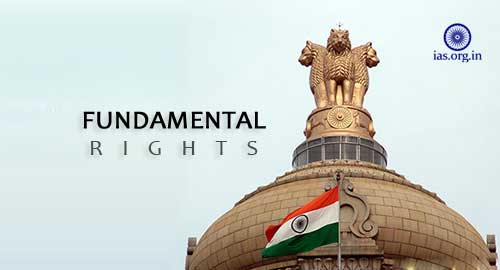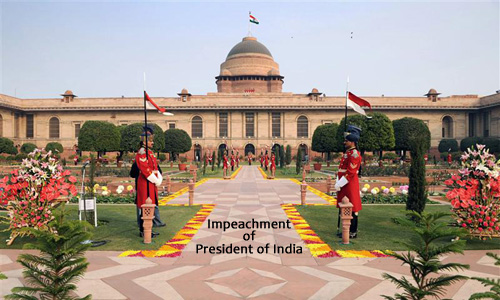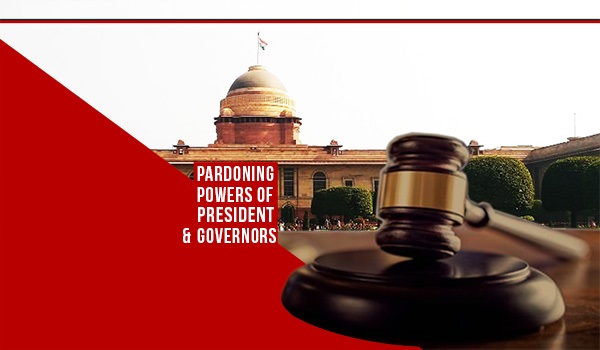Fundamental Rights incorporated in Constitution of India: There are some Fundamental Rights incorporated in Constitution of India. They are:
Right to Equality
Article 14
Equality before the law and equal protection of the law.
Article 15
Prohibition of discrimination on grounds on grounds only of religion, race, caste, sex or place of birth.
Article 16
Equality of opportunity in matters of public employment.
Article 17
End of untouchability
Article 18
Abolition of titles. Military and academic distinctions are, however, exempted.
Right to Freedom
Article 19
It guarantees the citizen of India the following six fundamental freedoms:
(a) Freedom of Speech and Expression.
(b) Freedom of Assembly
(c) Freedom to form Association
(d) Freedom of Movement
(e) Freedom of Residence and Settlement
(f) Freedom of Profession, Occupation, Trade, and Business
Article 20
Protection in respect of conviction for offences.
Article 21
Protection of life and personal liberty.
Article 22
Protection against arrest and detention in certain cases.
Right Against Exploitation
Article 23
Traffic in human beings prohibited.
Article 24
No child below the age of 14 can be employed.
Right to freedom of Religion
Article 25
Freedom of conscience and free profession, practice and propagation of religion.
Article 26
Freedom to manage religious affairs
Article 27
Prohibits taxes on religious grounds.
Article 28
Freedom as to attendance at religious ceremonies in certain educational institutions.
Cultural and Educational Rights
Article 29
Protection of interests of minorities.
Article 30
Right of minorities to establish and administer educational institutions.
Article 31
Omitted by 44th Amendment Act.
Right to Constitutional Remedies
Article 32
The right to move the Supreme Court in the case of their violation (called Soul and Heart of the Constitution by B R Ambedkar).
To enforce the Fundamental Rights incorporated in Constitution of India, the Supreme Curt is empowered under Article 32 to issue writs of various forms.
Habeas Corpus: Literally means ‘to have the body’. Implies that a person imprisoned or detained by the law can enquire under what authority he has been imprisoned or detained.
Mandamus: Literally means ‘command’ issued by the court commanding a person or a public authority to do or forbear to do something in the nature of public duty.
Quo Warranto: An order issued by the court to prevent a person from holding office to which he is not entitled and to oust him from that office.
Certiorari: It is a writ, which orders the removal of a suit from an inferior court to a superior court (for speedy justice).
Prohibition: y a higher court to stop proceedings in a lower court on the ground of over-stepping of jurisdiction or isolation of the rules of natural justice.
Must Read:
Fundamental Rights & Detailed Analysis Part I
Fundamental Rights &Detailed Analysis Part 2






